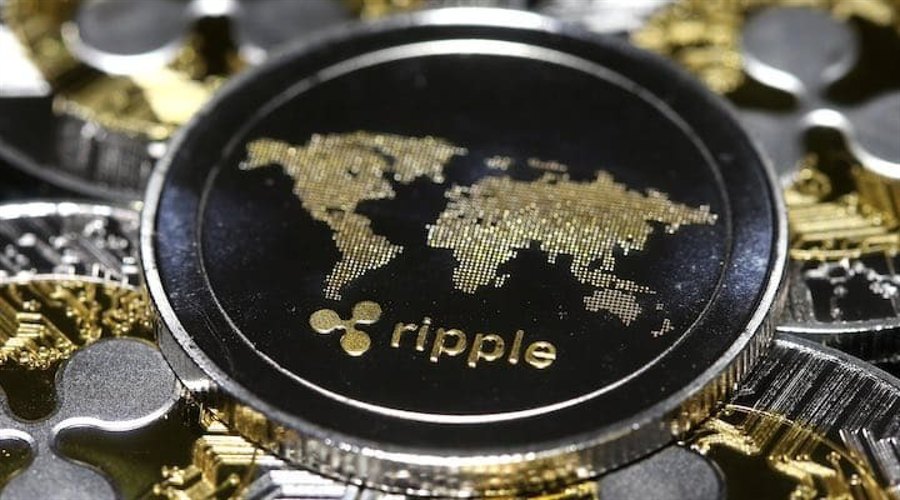Ripple
has temporarily halted its plans for an initial public offering (IPO) due to
what is described as a ‘hostile’ regulatory environment in the United States.
The delay is attributed to the ongoing legal battle with the US Securities and
Exchange Commission (SEC).
Ripple,
the blockchain-based firm behind the cryptocurrency XRP, had previously
expressed its intention to explore a public listing once the SEC lawsuit,
initiated in 2020, concluded. However, the regulatory challenges faced by the
company in the U.S. prompted it to explore alternative jurisdictions with
clearer regulatory frameworks.
Brad Garlinghouse, CEO, Ripple, Source: LinkedIn
In
an interview with CNBC at the World Economic Forum in Davos, Switzerland,
Ripple’s CEO, Brad Garlinghouse, highlighted the difficulties of going public in
the US: “In the United States, trying to go public with a very
hostile regulator that’s approved your S-1, that doesn’t sound like a lot of
fun to me.” He pointed to the example of Coinbase, a US-based
cryptocurrency exchange, which faced legal action from the SEC even after its
S-1 filing was approved.
Ripple’s CEO has been critical of the SEC’s approach to regulating the
cryptocurrency industry, describing SEC’s Chair, Gary Gensler, as a “political
liability.” Garlinghouse suggested that Ripple might reconsider a US
listing once there is a change in SEC leadership.
Ripple CEO calls U.S. SEC Chair Gary Gensler a ‘political liability’ over lawsuit https://t.co/W2zhKYmkaz
— CNBC (@CNBC) January 16, 2024
Share
Buyback: Ripple Invests $1 Billion to Ensure Investor Liquidity
Despite
the delay in IPO plans, Garlinghouse emphasized that the option remains open
for Ripple: “We’ll evaluate again, as we have new regulators
sitting at the United States SEC.” He clarified that going public is not
an immediate priority for the company, and it will be assessed over time.
In
a move to provide liquidity to its investors, Ripple confirmed a share buyback
program, repurchasing $1 billion worth of its stock. Garlinghouse expressed the
importance of shareholder liquidity and noted that some investors have been
with the company since its inception in 2012.
The
cryptocurrency industry has witnessed increased regulatory scrutiny globally,
with companies like Ripple navigating complex legal landscapes. As Ripple keeps
its IPO plans on hold, the broader crypto market continues to evolve, with
other firms, such as Circle,
pursuing public listings amid a buoyant year…
























